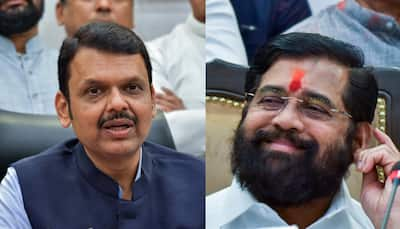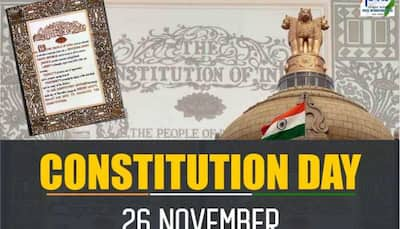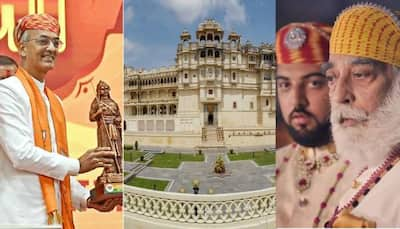India celebrates its Republic Day on January 26 every year. On January 26, 1950, the Indian Constitution came into force and was implemented across the country. However, India celebrates its Constitution Day on November 26 every year since 2015, often called ‘Samvidhan Divas’. So, if you are confused and want to know the difference between the two dates, you are at the right place.
Constitution Day, observed on November 26, commemorates the approval of the final draft of the Constitution, while Republic Day, celebrated on January 26, marks the day the Constitution officially came into effect. The adoption of the Indian Constitution on November 26, 1949, was a landmark moment in the nation’s history, heralding the era of self-governance and democracy. Over nearly three years, some of the brightest minds in the country convened in the Constituent Assembly Hall in Delhi, dedicating themselves to rigorous debates, drafting, and perfecting the framework for a newly independent India.
Samvidhan Diwas, or Constitution Day, celebrated on November 26, serves as a powerful reminder of India’s enduring constitutional legacy. Instituted in 2015, it offers a moment for reflection, urging every citizen to uphold their rights and fulfil their duties as envisioned in the Constitution. Across the nation, schools, colleges, and institutions mark the day with Preamble readings, discussions, and activities that highlight the timeless principles enshrined in this foundational document.
The Indian Constitution stands as a “living document,” a testament to its adaptability and enduring relevance in a rapidly changing world. Far from being a static legal framework, it embodies the spirit of a dynamic and diverse nation, weaving together governance, individual empowerment, and social transformation. Its provisions for fundamental rights, directive principles of state policy, and governance structures ensure both: the empowerment of citizens and the accountability of the state.
The Fundamental Rights enshrined in the Indian Constitution form the cornerstone of democracy, ensuring dignity, equality, and freedom for every citizen. Encompassed in Articles 12 to 35, these rights include the Right to Equality, the Right to Freedom, the Right against Exploitation, the Right to Freedom of Religion, Cultural and Educational Rights, and the Right to Constitutional Remedies. They safeguard individuals against discrimination, protect freedoms of speech, expression, and assembly, and uphold justice for all. These rights not only empower citizens but also place obligations on the state to ensure their protection, reflecting India’s commitment to a just, inclusive, and democratic society.
Stay informed on all the , real-time updates, and follow all the important headlines in and on Zee News.







